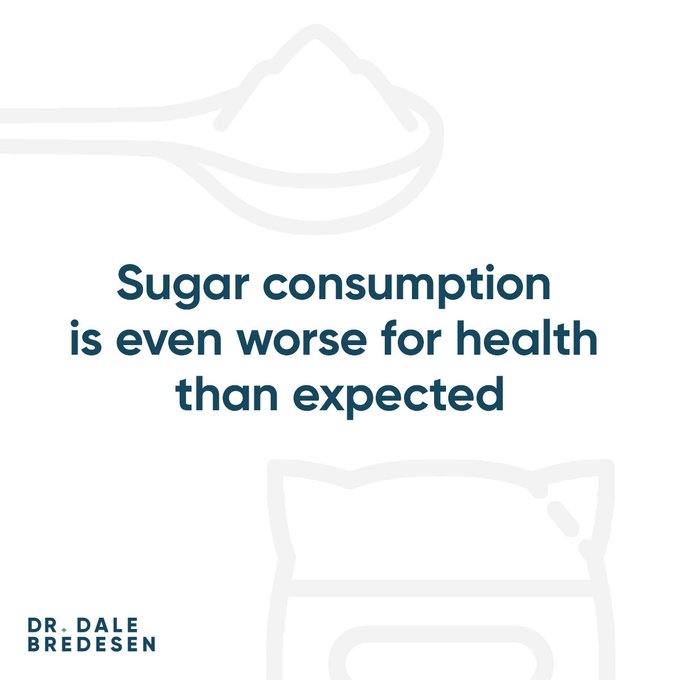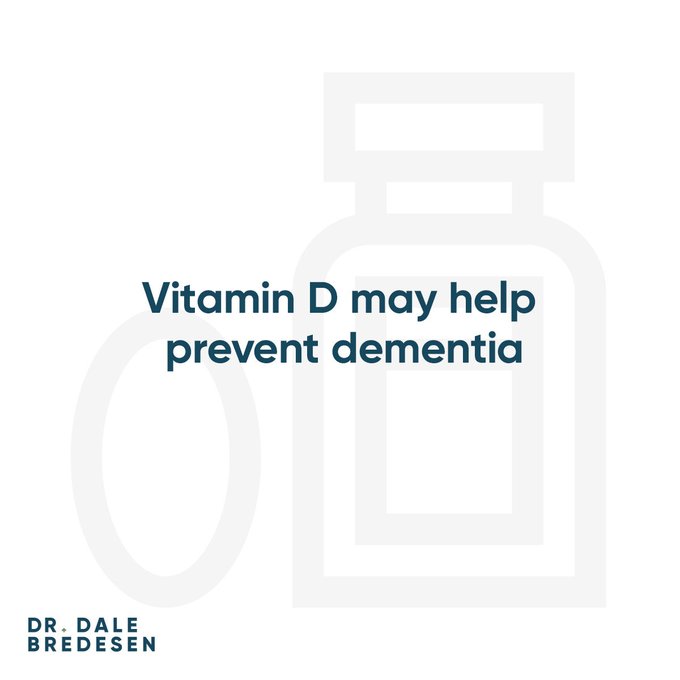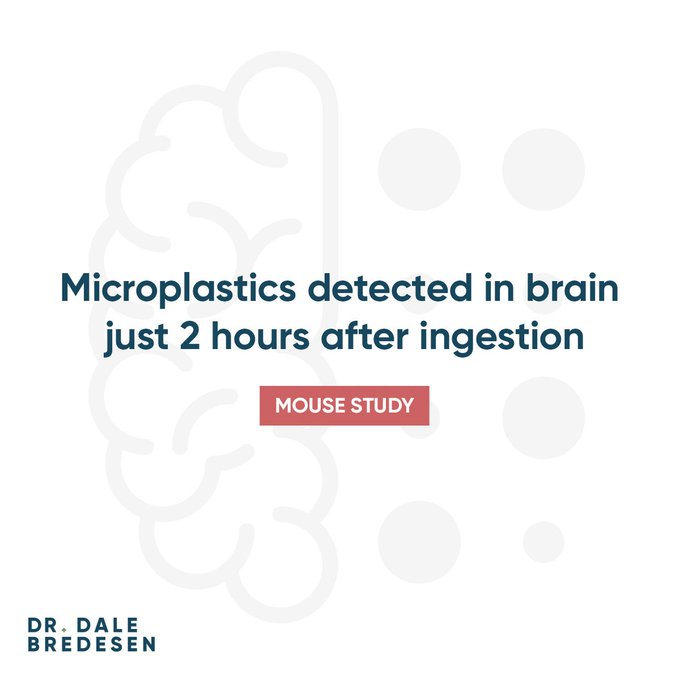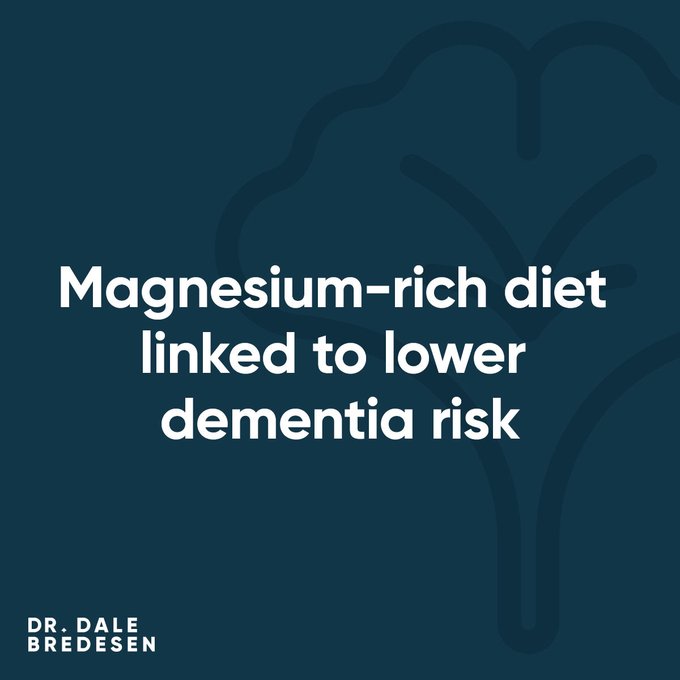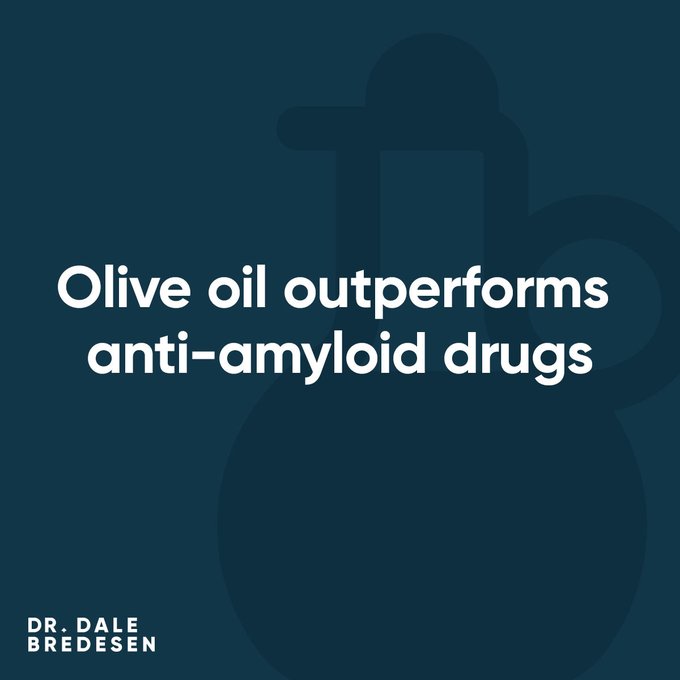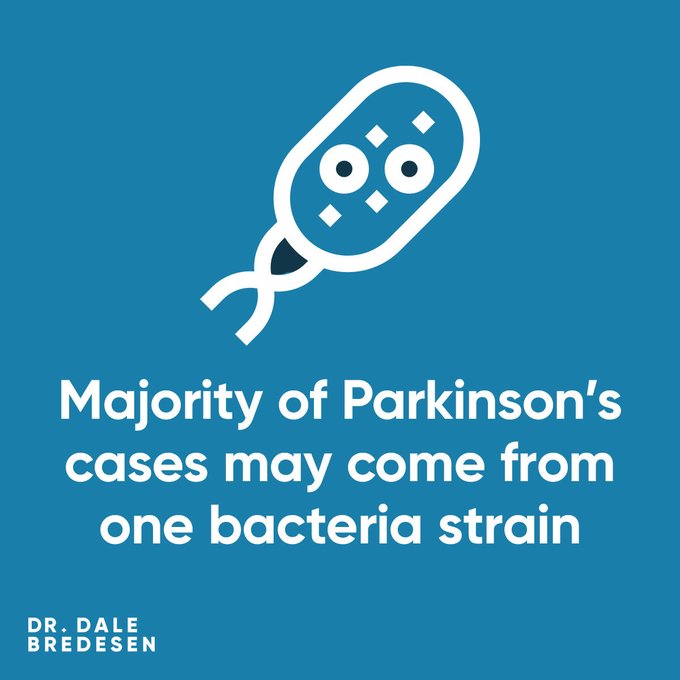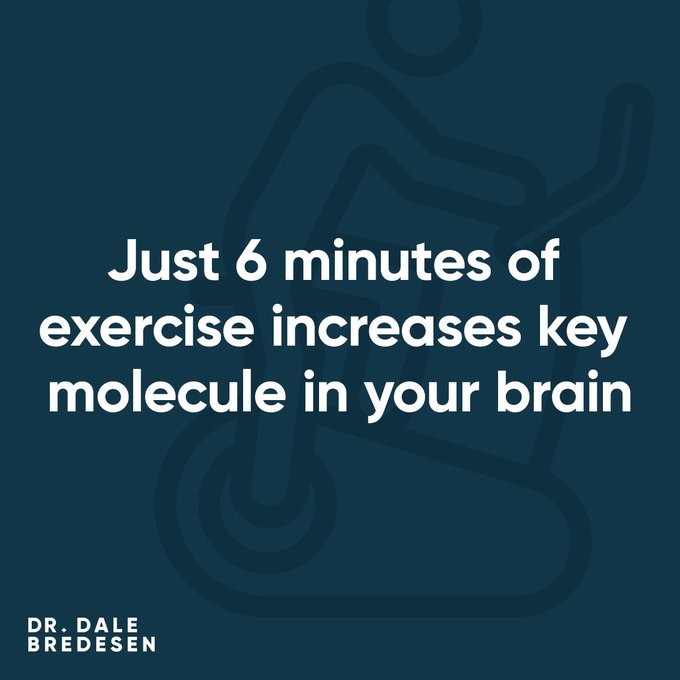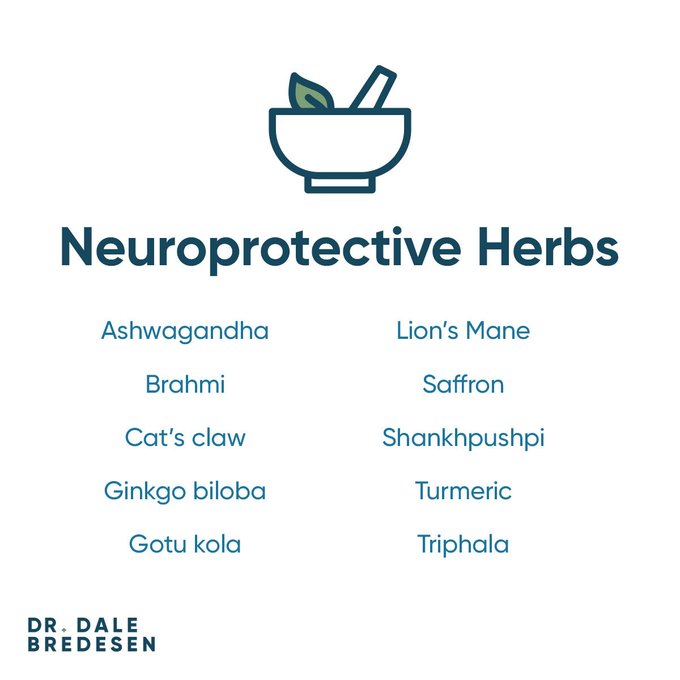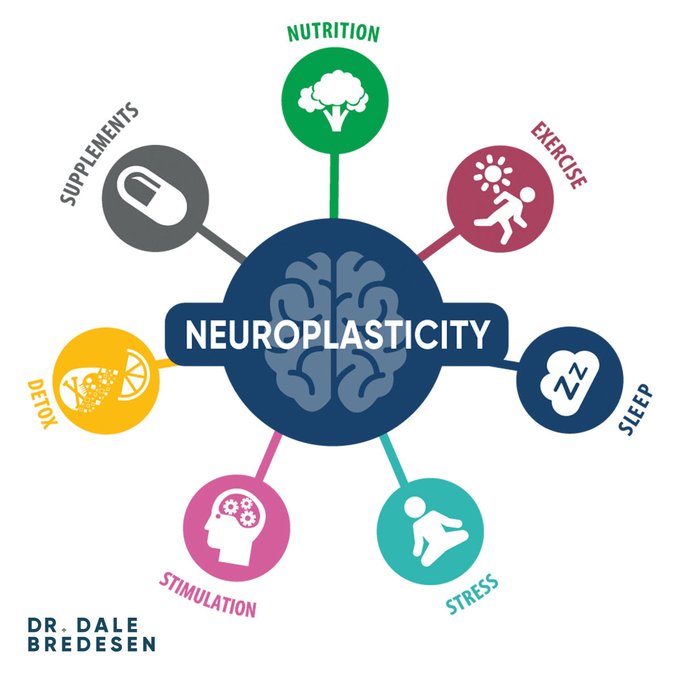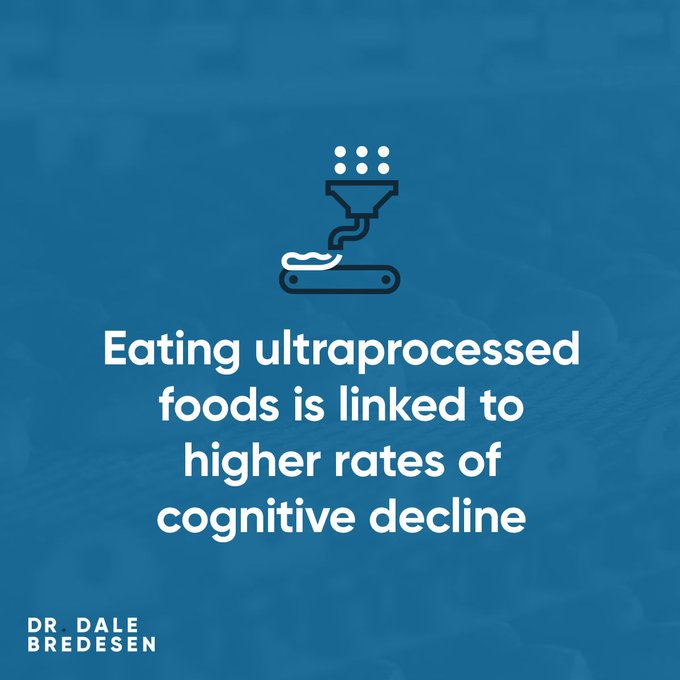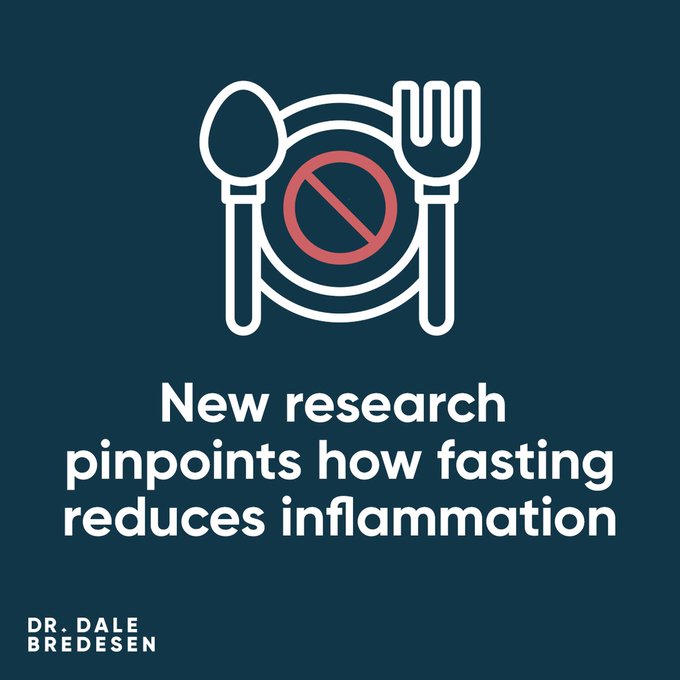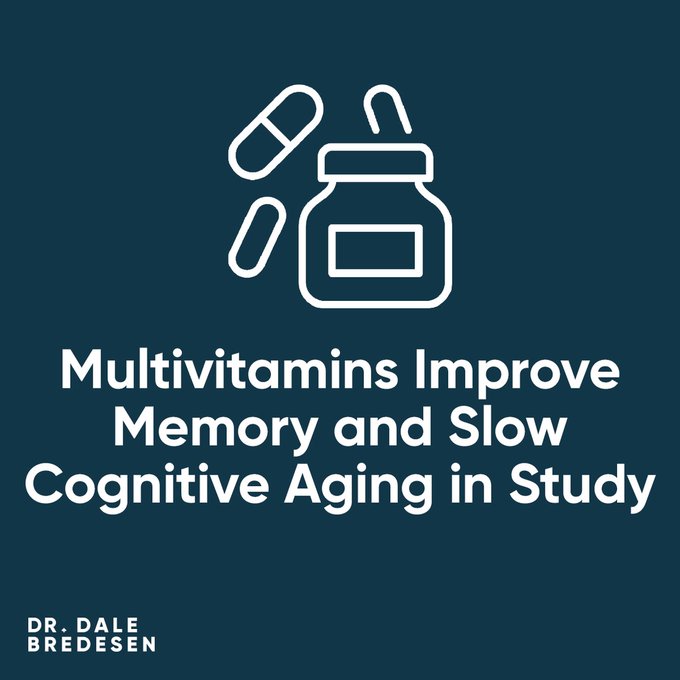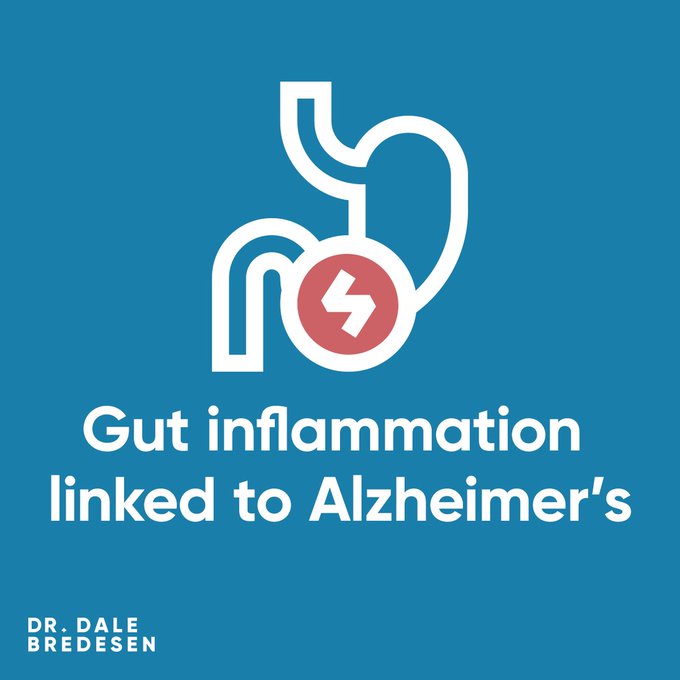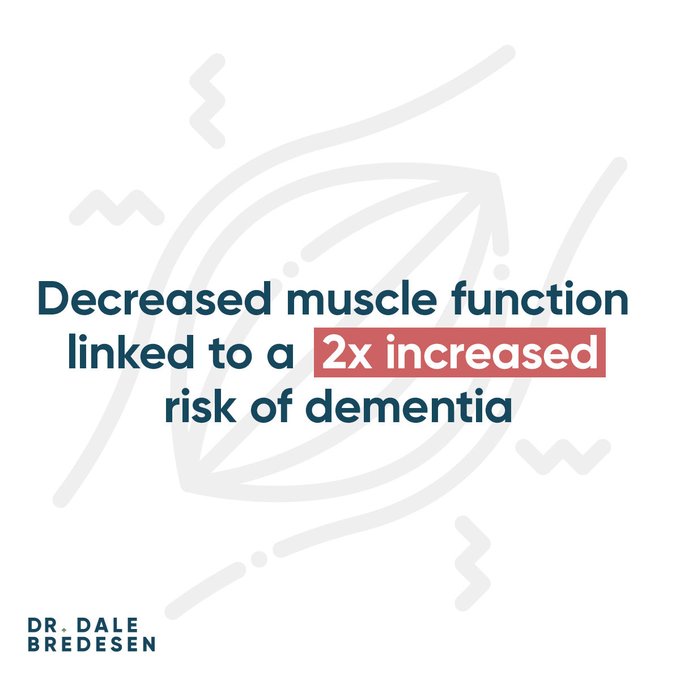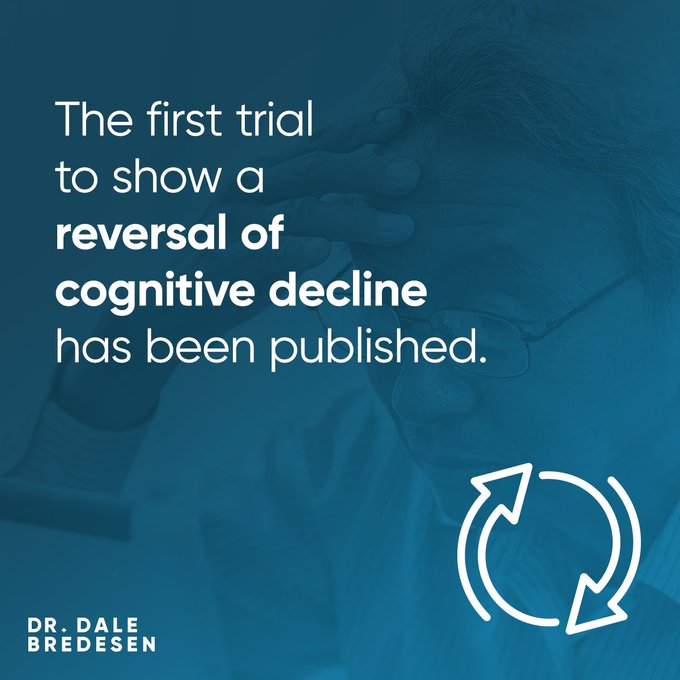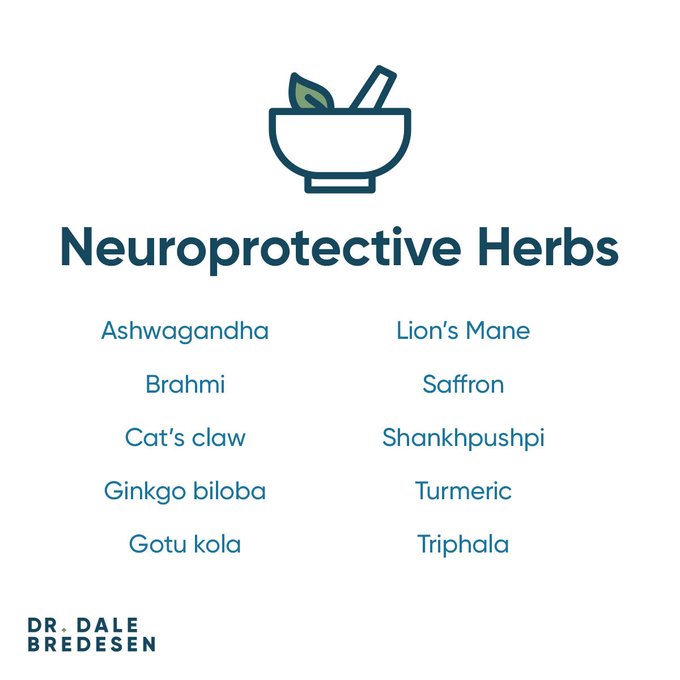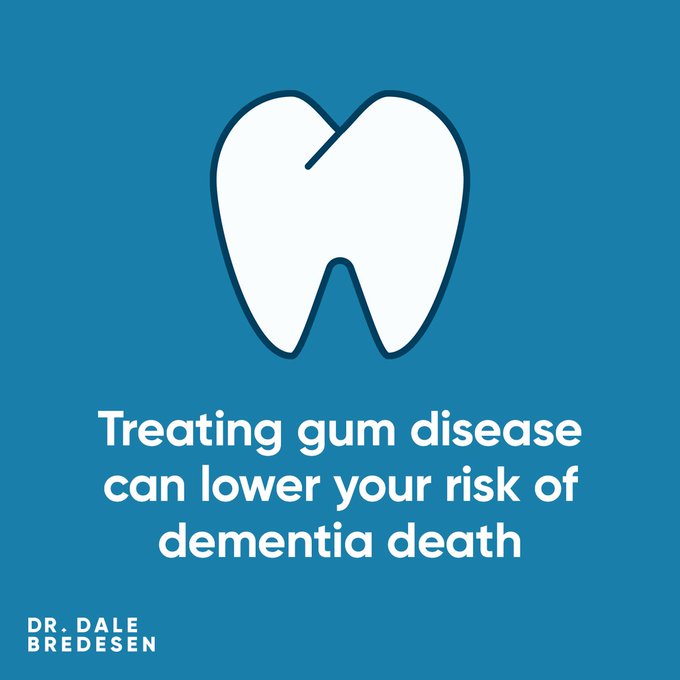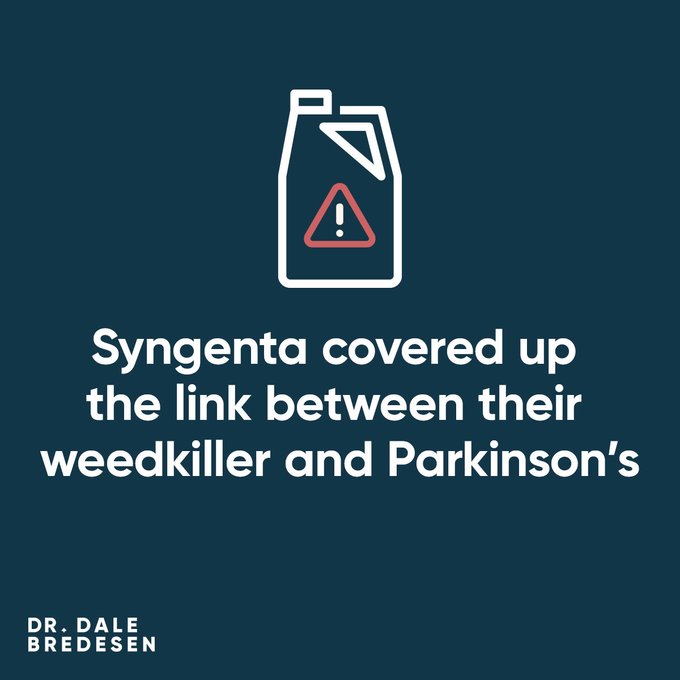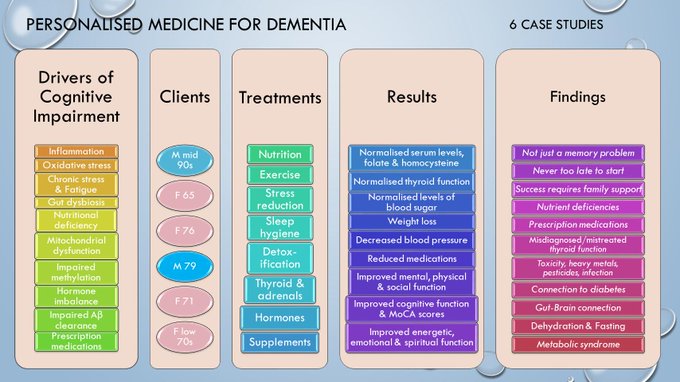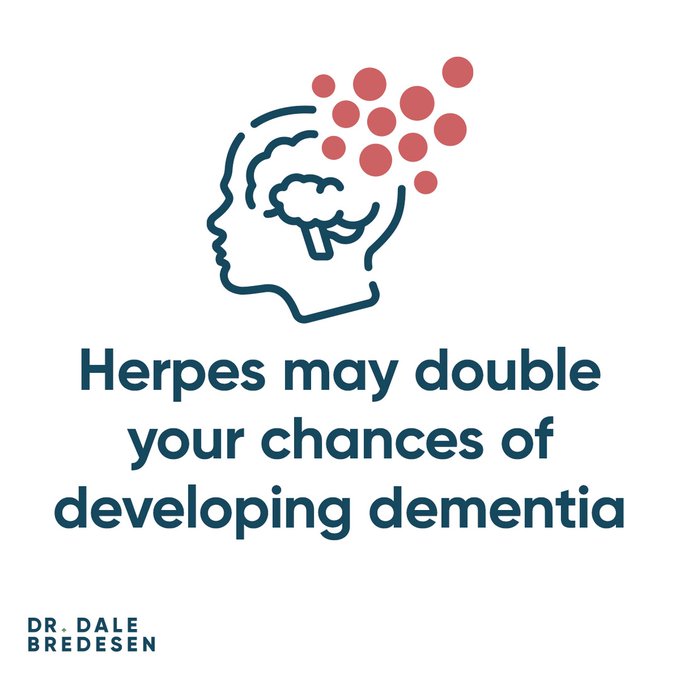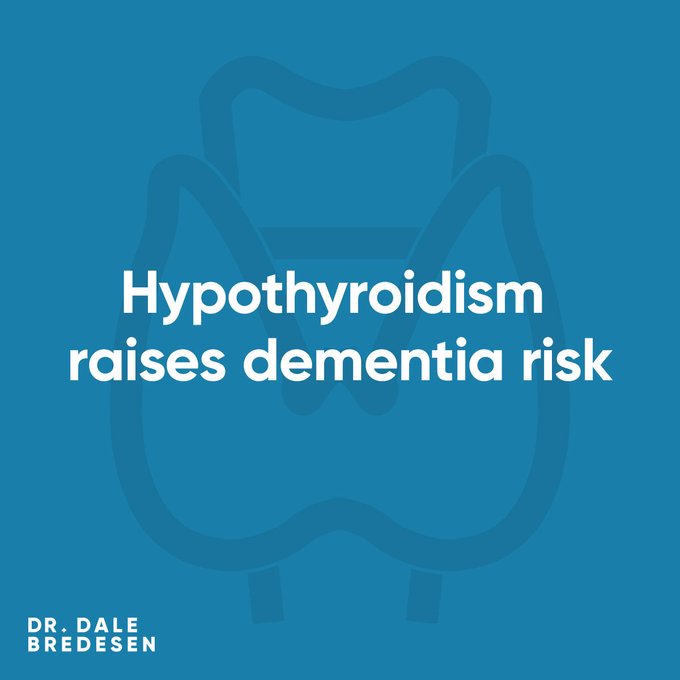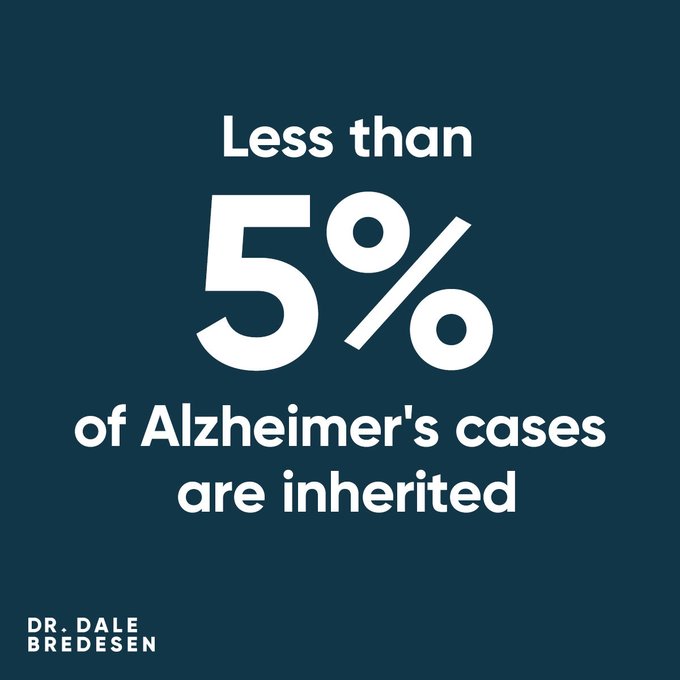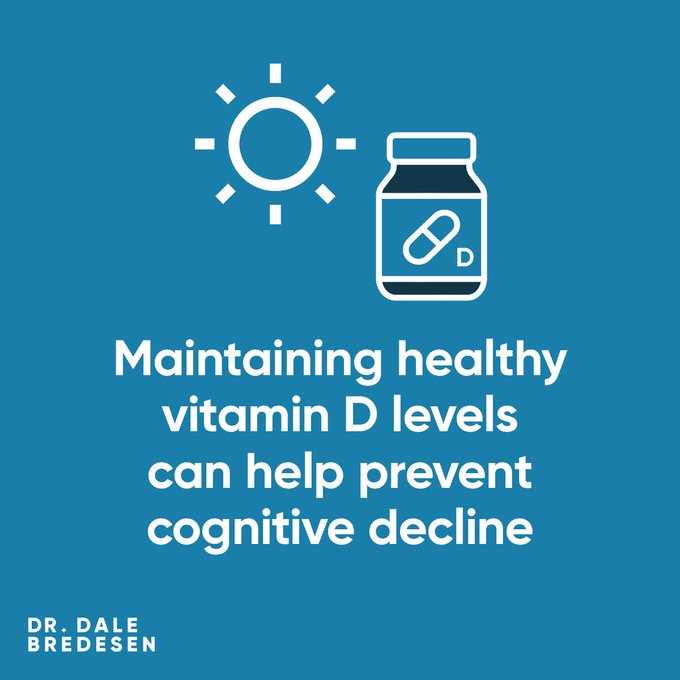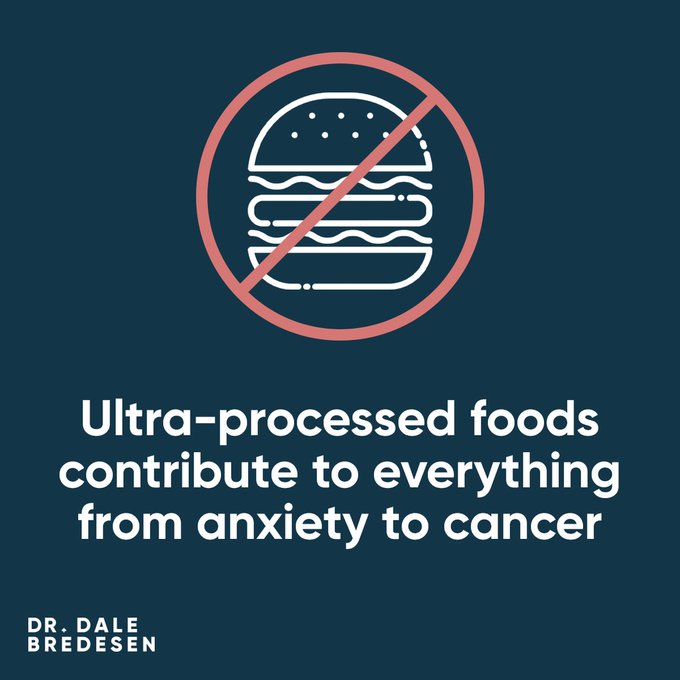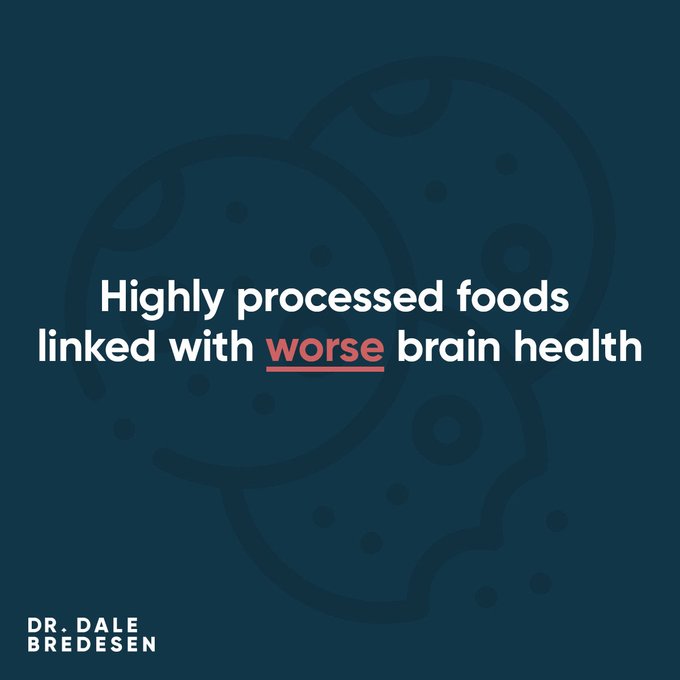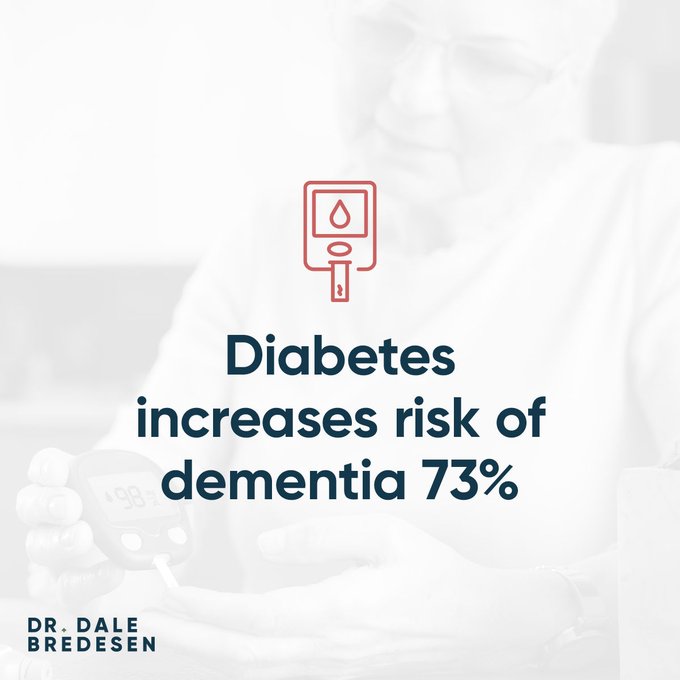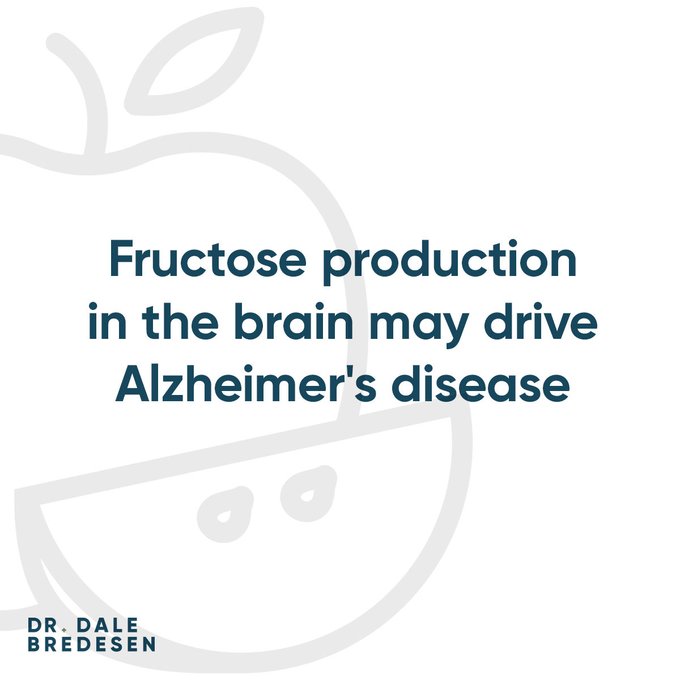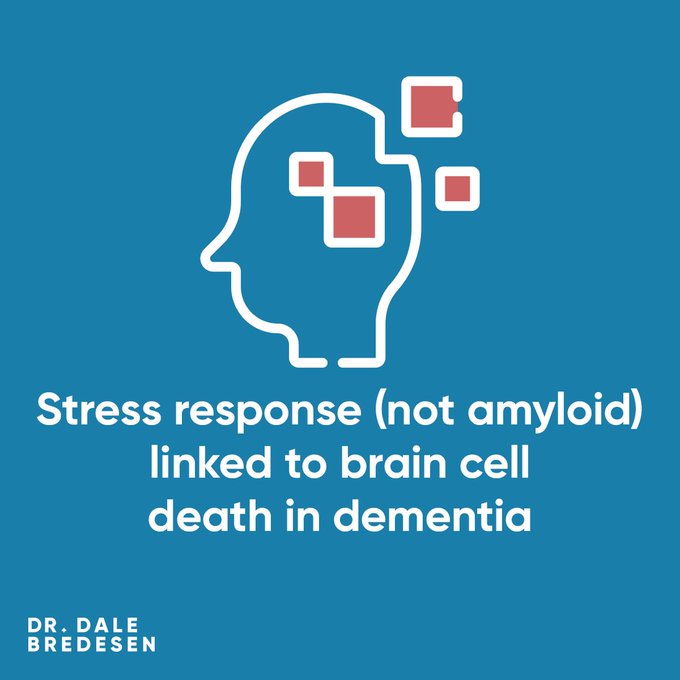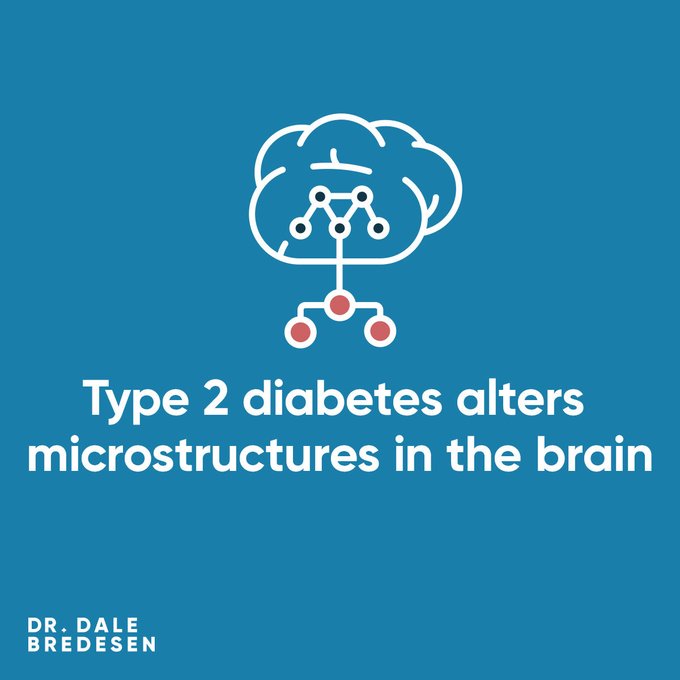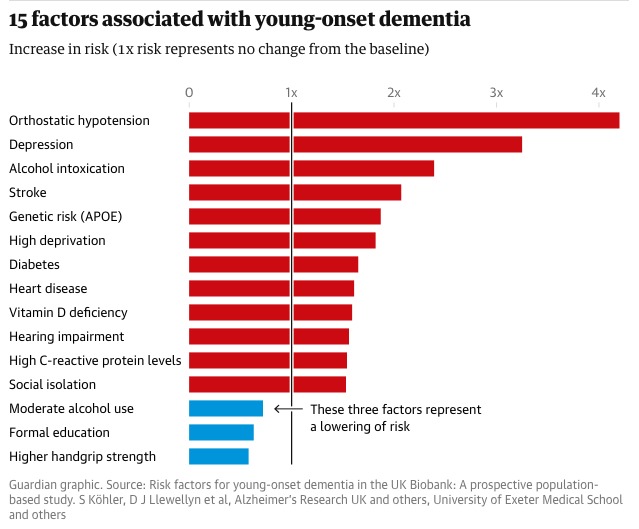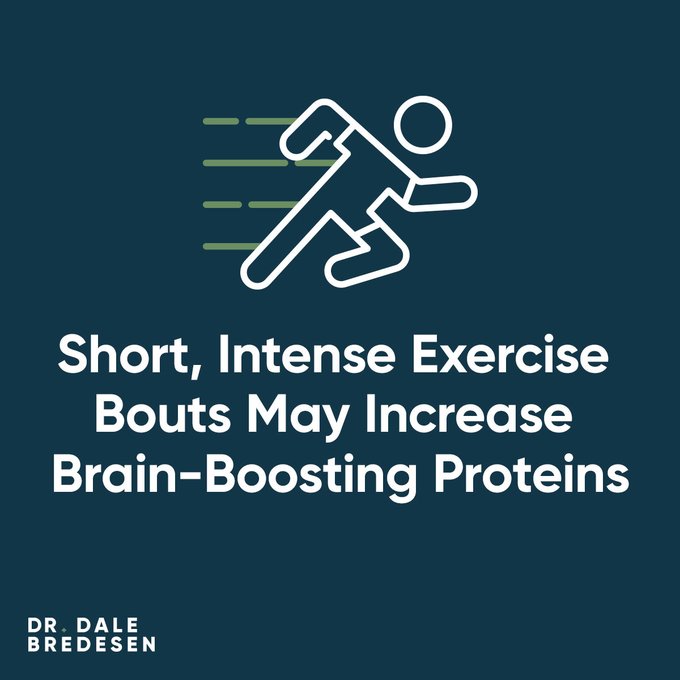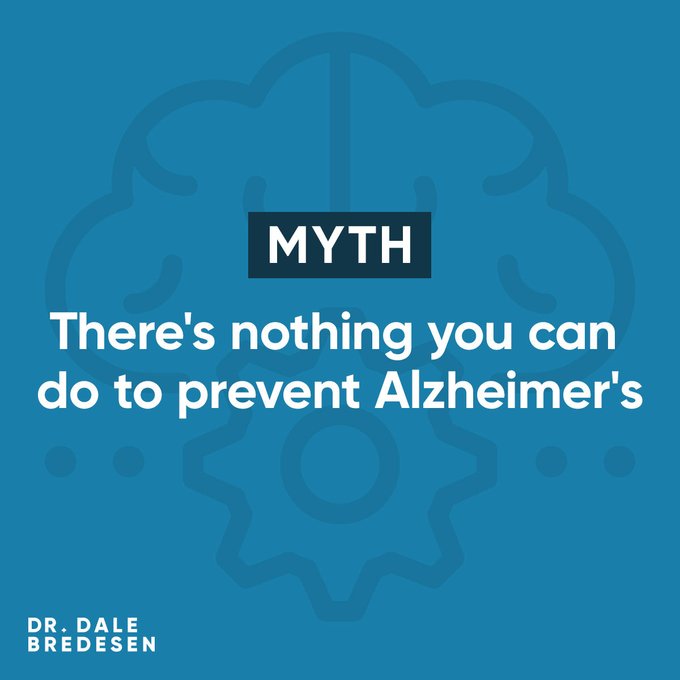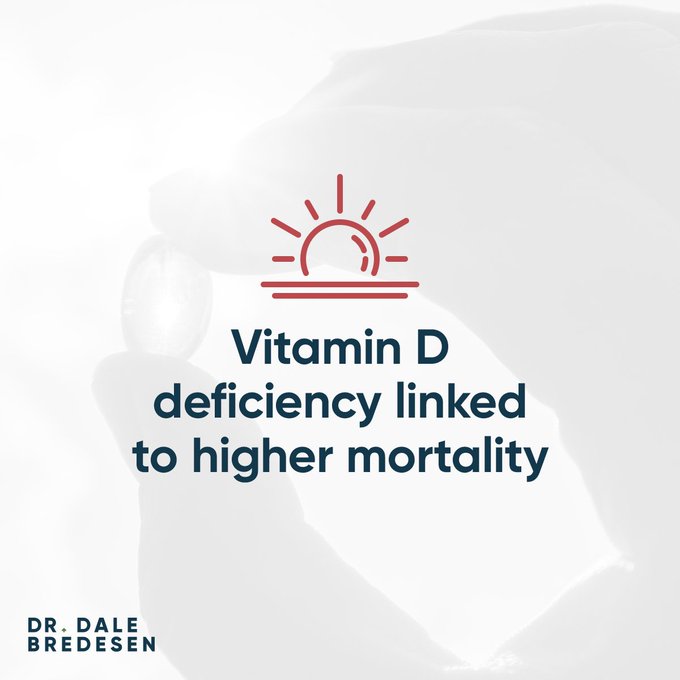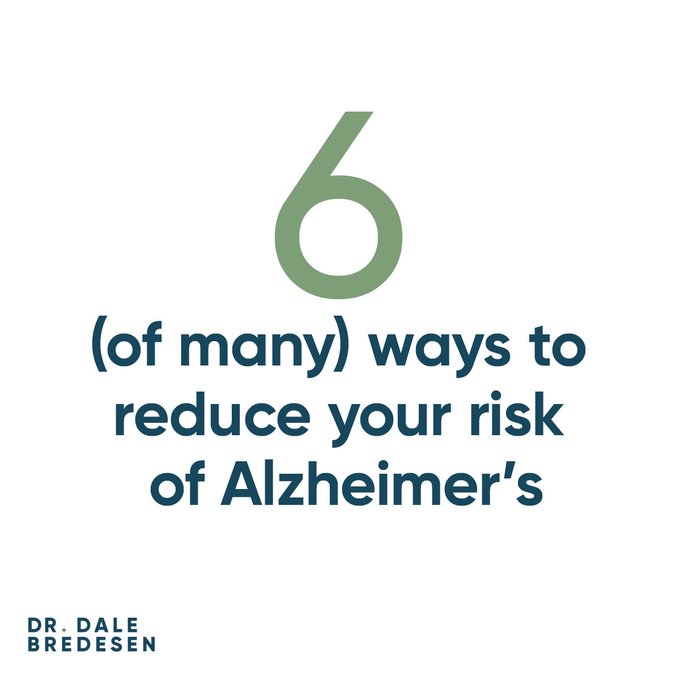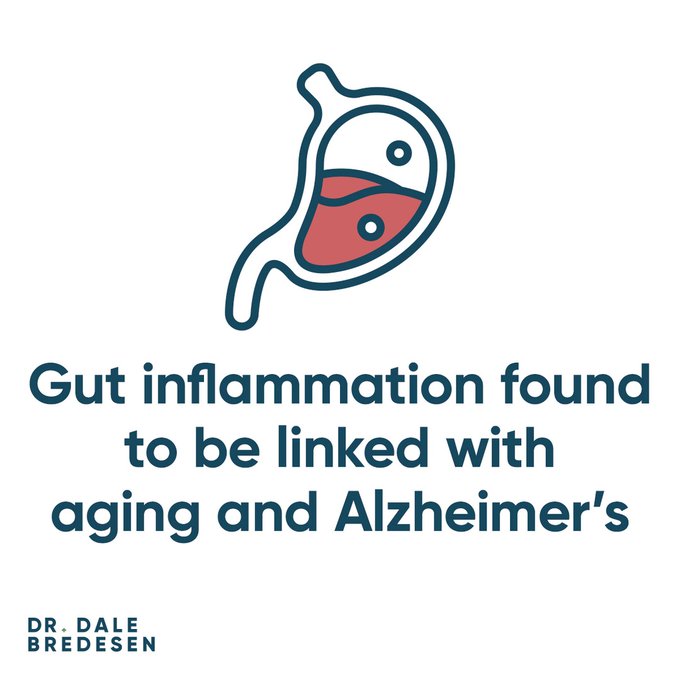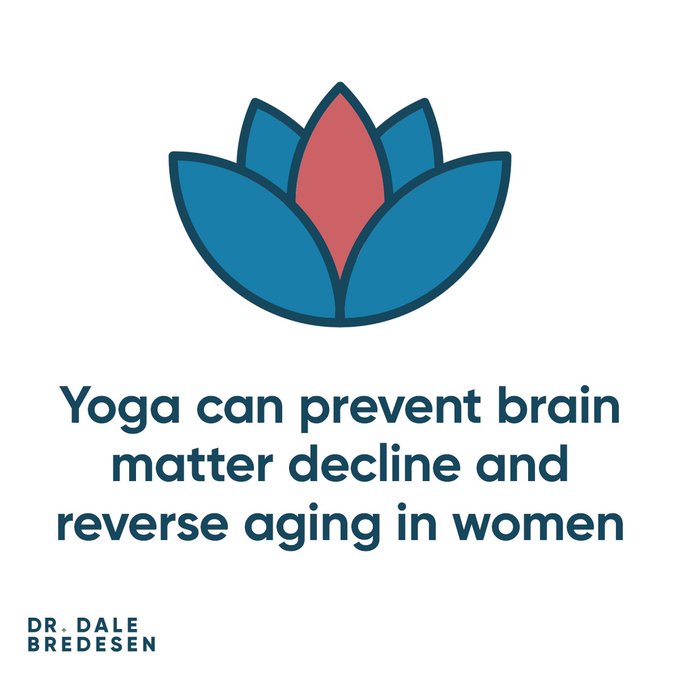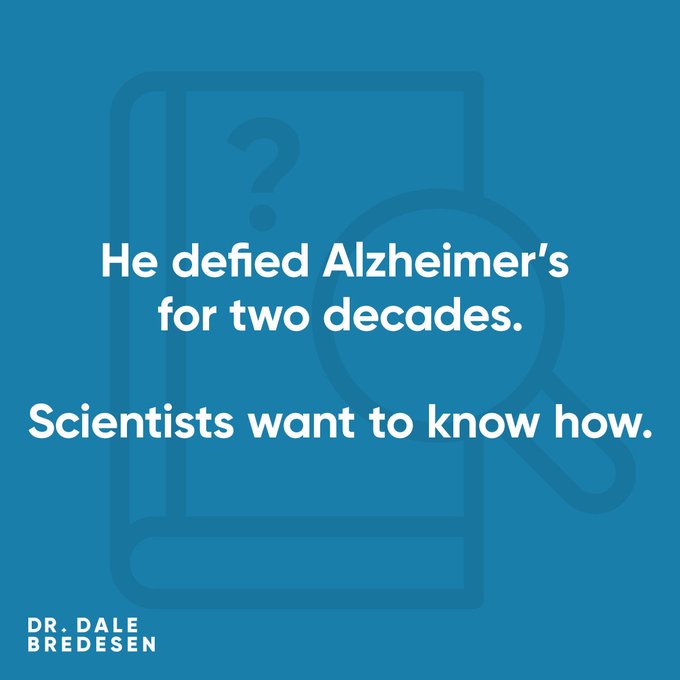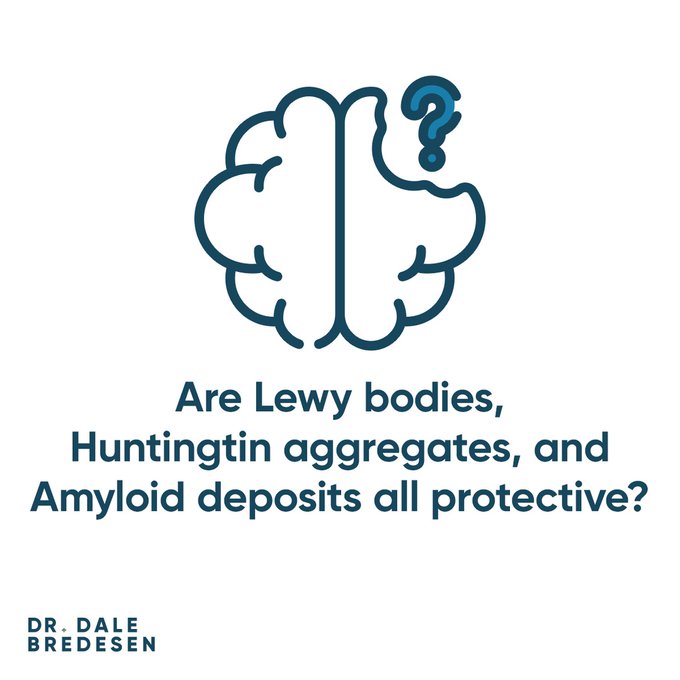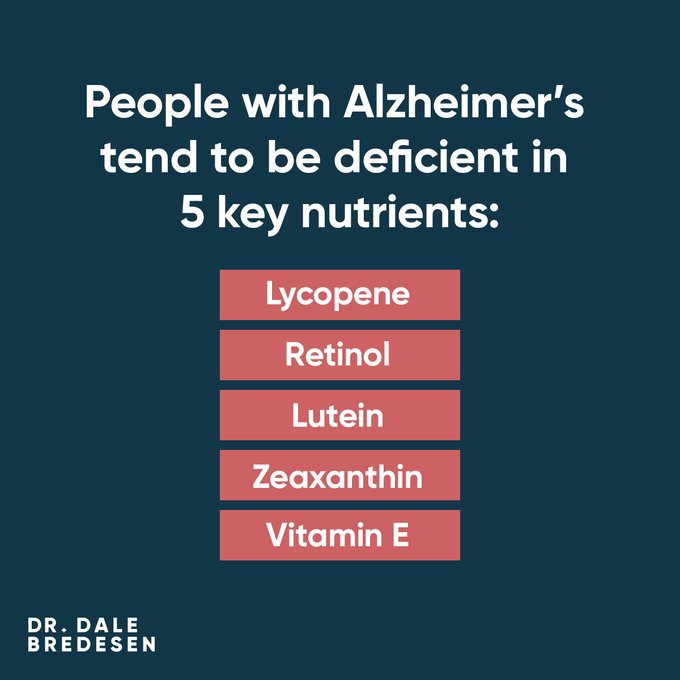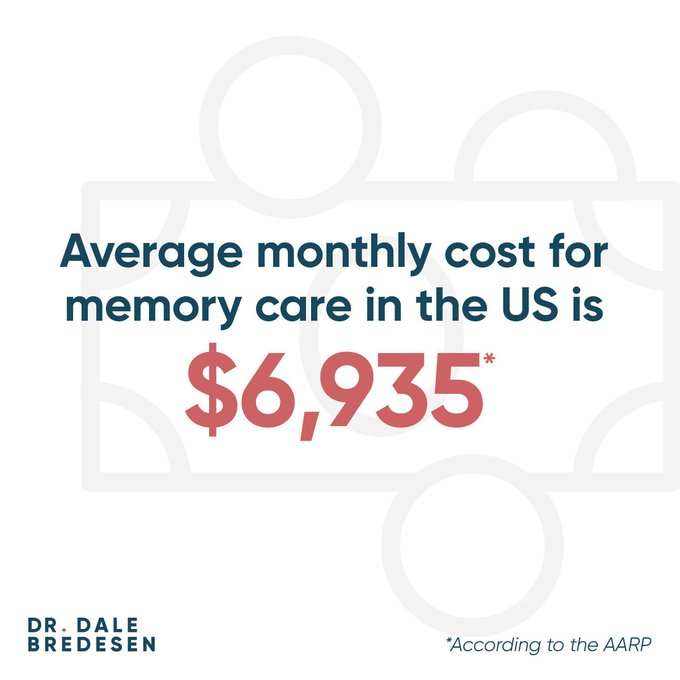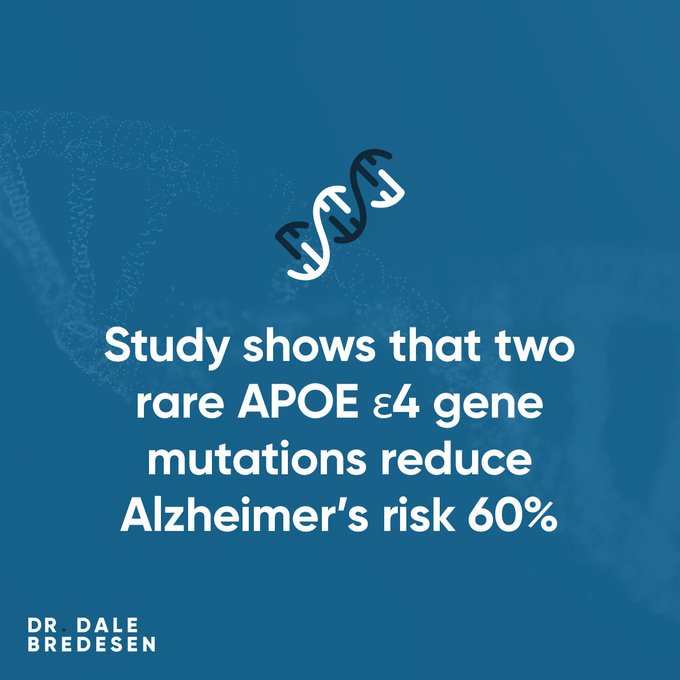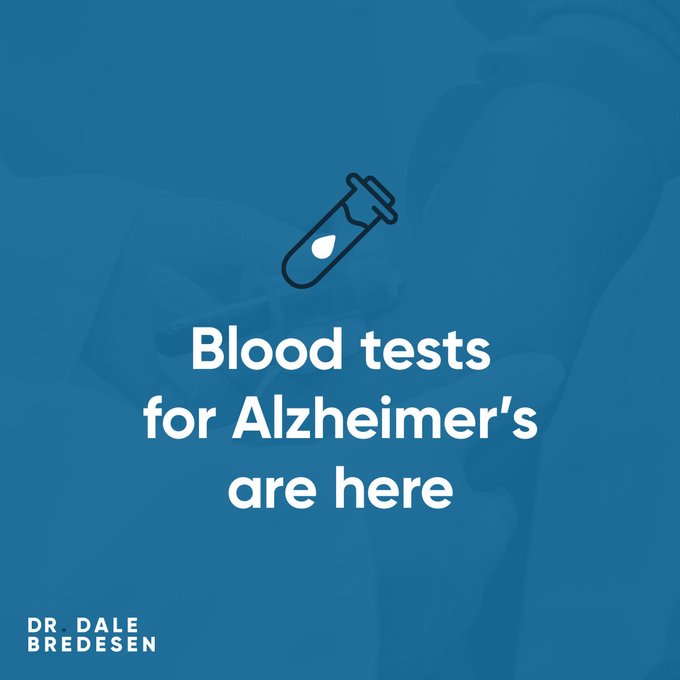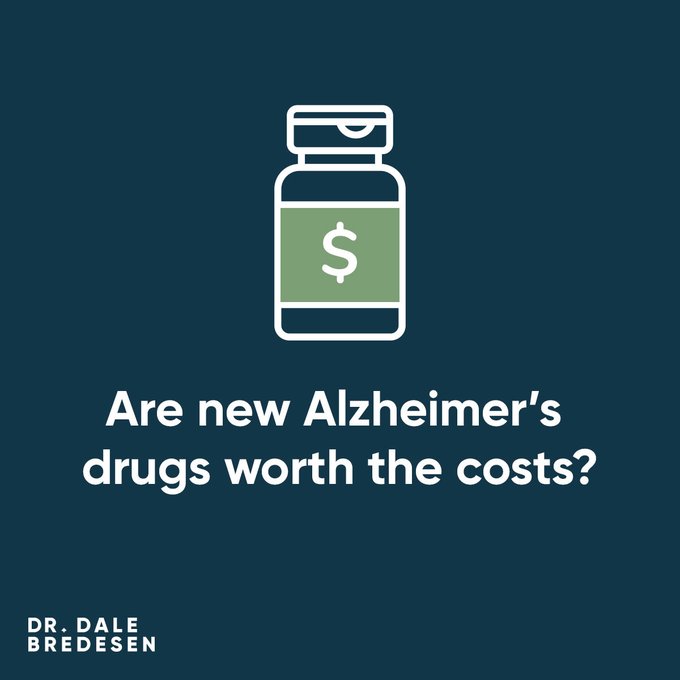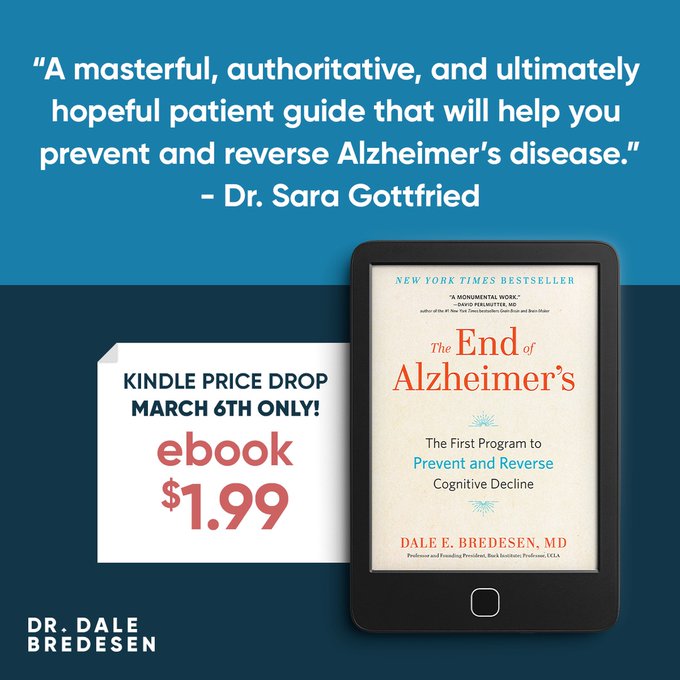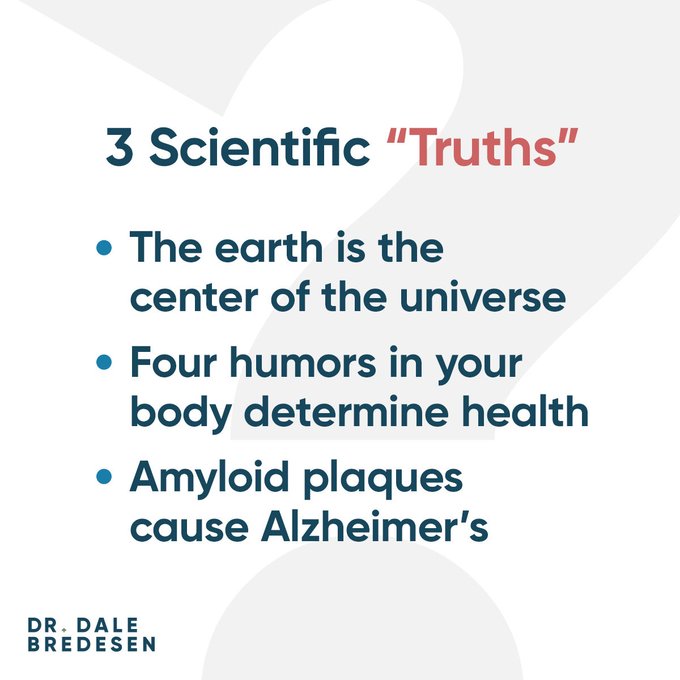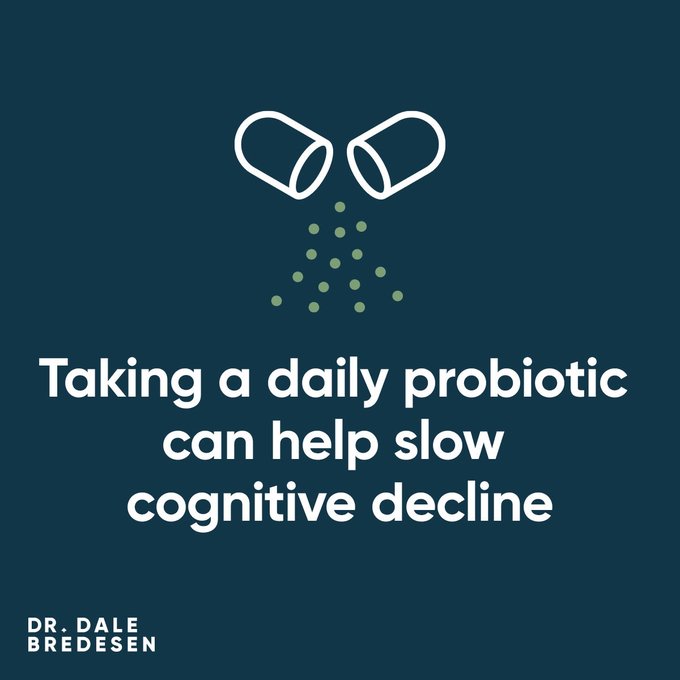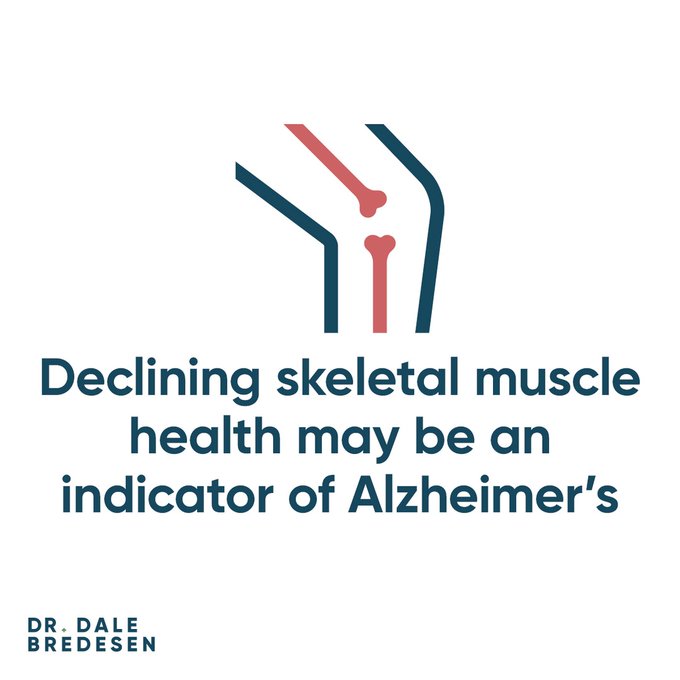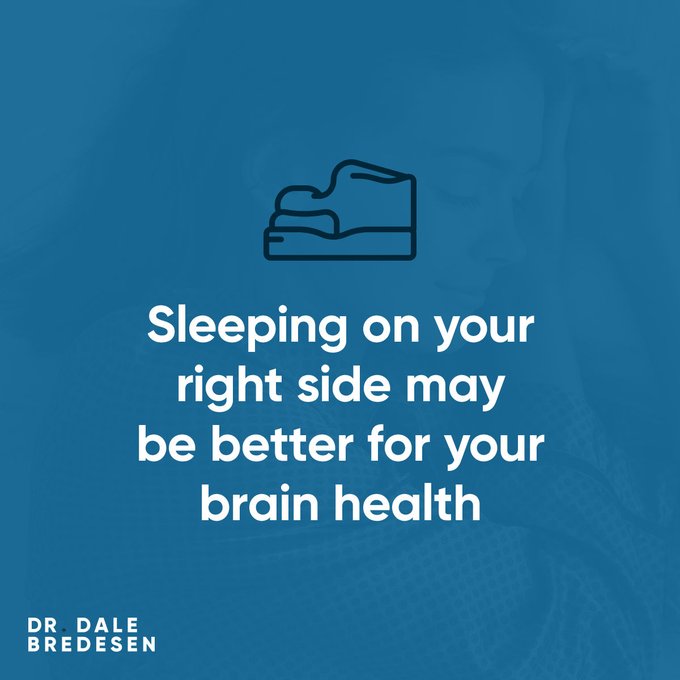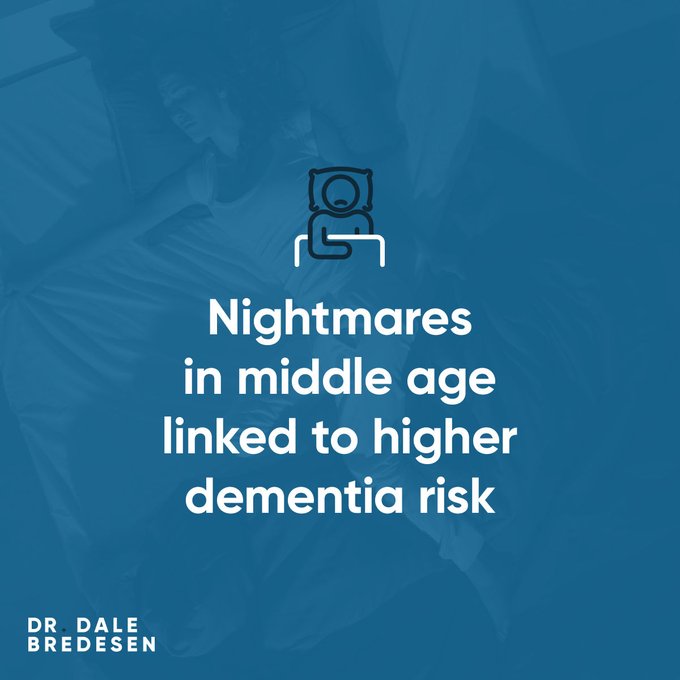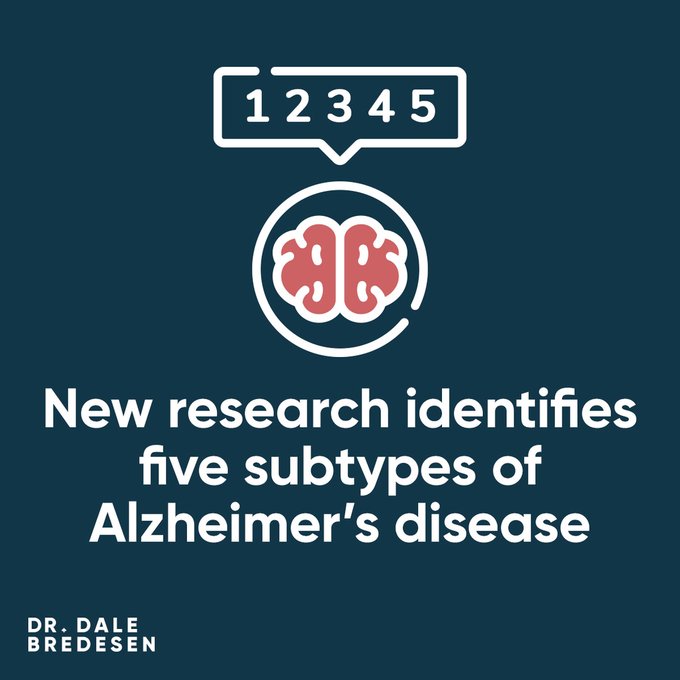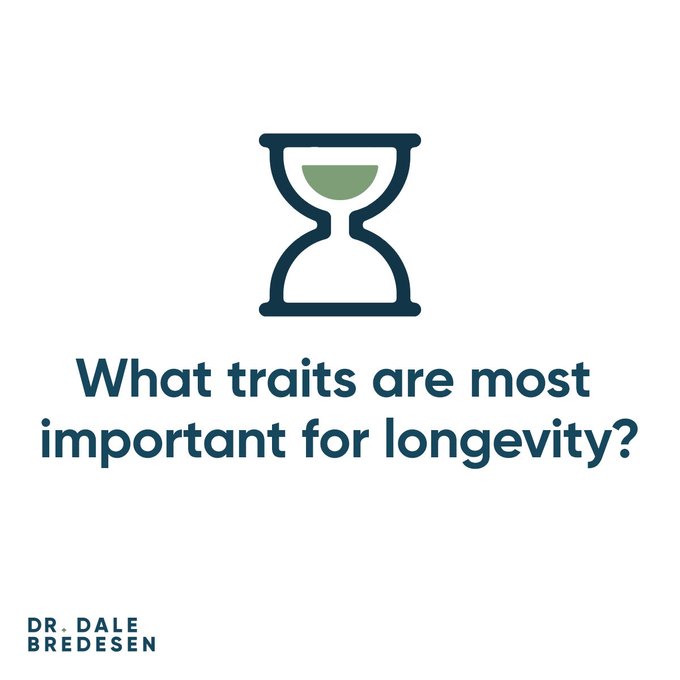
Dr. Dale Bredesen
@DrDaleBredesen
Followers
9,524
Following
23
Media
538
Statuses
1,630
Dr. Dale Bredesen is the author of The End Of Alzheimer's, the Chief Science Officer of Apollo Health, and a pioneer in brain health research.
Joined March 2016
Don't wanna be here?
Send us removal request.
Explore trending content on Musk Viewer
#呪術廻戦
• 60290 Tweets
VISA
• 52223 Tweets
梅津さん
• 44941 Tweets
招待コード
• 38811 Tweets
#ファンパレ
• 36811 Tweets
Toni Kroos
• 36297 Tweets
Fantia
• 27856 Tweets
#sbhawks
• 25993 Tweets
#FeelThePOP1stWin
• 22206 Tweets
ソフトバンク
• 21343 Tweets
ソフトバンク
• 21343 Tweets
ザレイズ
• 19713 Tweets
テイルズ
• 19237 Tweets
Samsung A55
• 16335 Tweets
オフライン版
• 10852 Tweets
SavejournalisticID
• 10287 Tweets
Last Seen Profiles
The multifactorial approach to treating
#Alzheimers
continues to demonstrate cognitive improvement. See our recently published paper in the International Journal of Molecular Sciences.
4
33
102
Chris Hemsworth is taking a step back from acting to prioritize his health after learning he had two copies of the APOE4 gene. Some say it isn’t useful to know APOE4 status. I disagree. You can take action to reduce your risk. Good job,
@chrishemsworth
!
3
13
91
New research from
@Cambridge_Uni
may have pinpointed additional reasons why including intermittent fasting can help decrease inflammation and protect your brain from Alzheimer’s and dementia.
5
27
90
I enjoyed talking with
@Mercola
about the ReCODE protocol. Unlike previous approaches, ReCODE identifies the underlying drivers of cognitive decline and then addresses them using a precision medicine approach. This has produced unprecedented improvements. .
3
25
78
Does that number surprise you? I spoke with
@CBSNews
about the heritability of Alzheimer’s. The truth is, you should focus on your lifestyle, not your genetics.
3
11
66
Harvard-trained psychiatrist and past Facebook Live guest
@DrUmaNaidoo
has great news for coffee drinkers. According to her, the ideal amount of daily coffee is 3 cups, as it has the most potent effect on preventing cognitive decline.
5
19
59
Here’s a great watch if you want to learn more about what we're doing to reverse cognitive decline.
#Alzheimers
1
37
55
The Mediterranean Diet is a vast improvement from the Standard American Diet (SAD) in preventing cognitive decline, but falls short in addressing many of the parameters necessary for neuroprotection. We developed
#KetoFLEX123
to bridge that gap. More here:
2
11
45






















